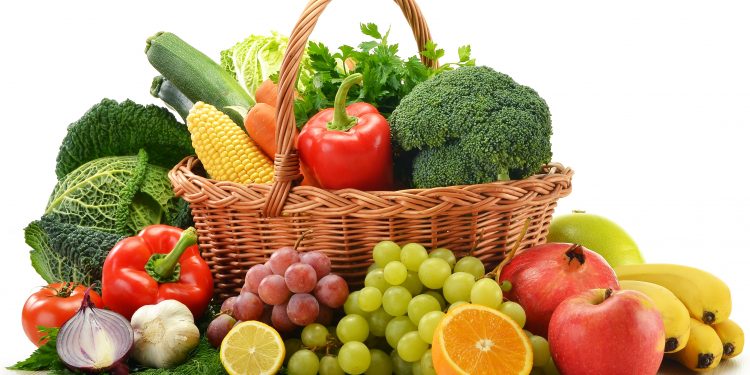New York: Want to restore the level of antioxidants — key to ward off heart disease and Type-2 diabetes — that you lost due to high consumption of fat rich-food in the holiday season? Eating five to 10 servings of fruits and vegetables as well as nuts, seeds, and legumes daily may help.
A diet high in saturated fat results in chronic low-grade inflammation in the body that in turn leads to the development of metabolic syndrome — a serious condition associated with cognitive dysfunction and dementia as well as being a major risk factor for cardiovascular disease, fatty liver disease and Type-2 diabetes.
For such patients, a higher intake of vitamin C is crucial to halt a potentially deadly cycle of antioxidant disruptions, the researchers said.
“What these findings are really saying to people as we move out of the rich-food holiday season and into January is eat your fruits and vegetables,” said Maret Traber, Professor at the Oregon State University in the US.
“Eat five to 10 servings a day and then you’ll get the fibre, you’ll get the vitamin C, and you’ll really protect your gut with all of those good things,” she added.
The findings, published in the journal Redox Biology, suggest that metabolic syndrome can prompt imbalances in the gut microbiome, with impaired gut function contributing to toxins in the bloodstream, resulting in vitamin C depletion, which subsequently impairs the trafficking of vitamin E.
Antioxidants such as vitamins C and E offer defence against the oxidative stress brought on by inflammation and the associated free radicals, unstable molecules that can damage the body’s cells.
“If there’s too much fat in the diet, it causes injury to the gut,” Traber said.
“Bacterial cell walls can then leak from the gut and slip into circulation in the body, and they’re chased down by neutrophils (most abundant type of white blood cells).”
“The body is destroying its own protection because it got tricked by the gut dysbiosis into thinking there was a bacterial invasion,” Traber said.
IANS






































